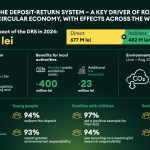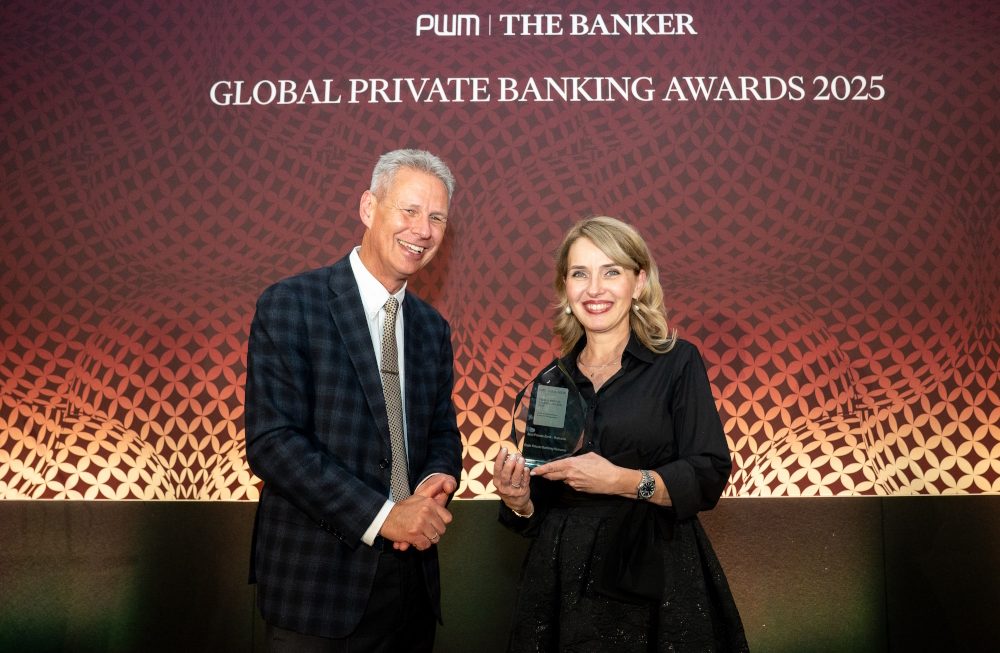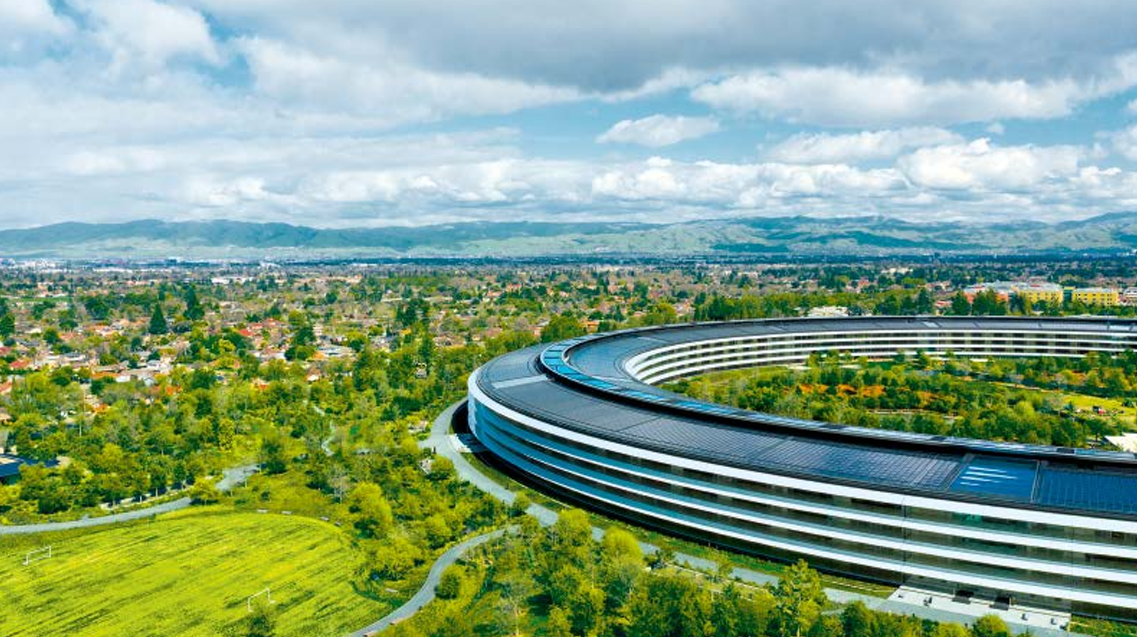
EU funds can accelerate Romania’s economy only through reforms and strategic public investment
Romania’s economy faces fiscal pressures and administrative challenges, but European funds remain a key instrument for sustainable growth — provided they are matched by effective reforms and better public investment. This was the central conclusion of a debate organized by the German-Romanian Chamber of Commerce and Industry (AHK Romania) during its monthly members’ meeting on EU funding opportunities. The event was attended by the Minister of Investments and European Projects, Dragoș Pîslaru, and the Mayor of Deva, Lucian Rus.
The German-Romanian business community emphasized that efficient EU fund absorption requires better governance of state-owned enterprises, faster public procurement, and transparency in project implementation. “To revive the economy, we need reforms that reduce bureaucracy. This process is expensive and slows down business activity. The reform of the state is essential, and both the national and international business communities have high expectations,” said Volker Raffel, President of AHK Romania.
Raffel also warned that the long-term availability of EU funding is uncertain. “Let’s make the most of this opportunity and use the funds efficiently to attract investments and stimulate economic growth. The money is there — we just need to absorb it wisely,” he added.
Sebastian Metz, General Manager of AHK Romania, emphasized that while budgetary expenditures should be reduced, public investment must continue. “EU funds should be directed where local economies need them most. Decentralization and more co-financing opportunities for private companies are essential. The energy sector, in particular, urgently needs joint public-private investments,” he stated.
Minister Dragoș Pîslaru presented for the first time a centralized overview of over 24,000 PNRR-funded projects across the country, displayed on an interactive map. He announced that while reallocation between industries is not currently possible, future post-PNRR financial instruments will prioritize flexibility and competitiveness. “The European Commission’s proposal introduces a single, unified fund that can allocate resources efficiently based on each country’s priorities,” Pîslaru explained, inviting private companies to join a seven-year investment plan for the 2028–2034 financial cycle.
From a local perspective, Lucian Rus, Mayor of Deva, showcased how the EU Just Transition Fund has contributed to Hunedoara’s development — the county receiving the largest allocation nationwide. “We can turn disadvantage into opportunity. Deva is attracting interest from major German industrial investors, but the state must become a reliable partner and support local administrations in implementing EU projects,” Rus noted.
Corporate participants also called for stronger cooperation between companies and universities. Günter Krasser, General Manager of Infineon Technologies Romania, stressed that local innovation ecosystems could become global product incubators if supported by appropriate regional funding calls.
The overall conclusion of the AHK Romania debate is that European funds can only drive economic growth if accompanied by structural reforms, local investment, and stronger partnerships between the public and private sectors. Romania has the opportunity to transform EU financing into a long-term growth engine — provided it accelerates administrative modernization and strengthens policy coherence.















